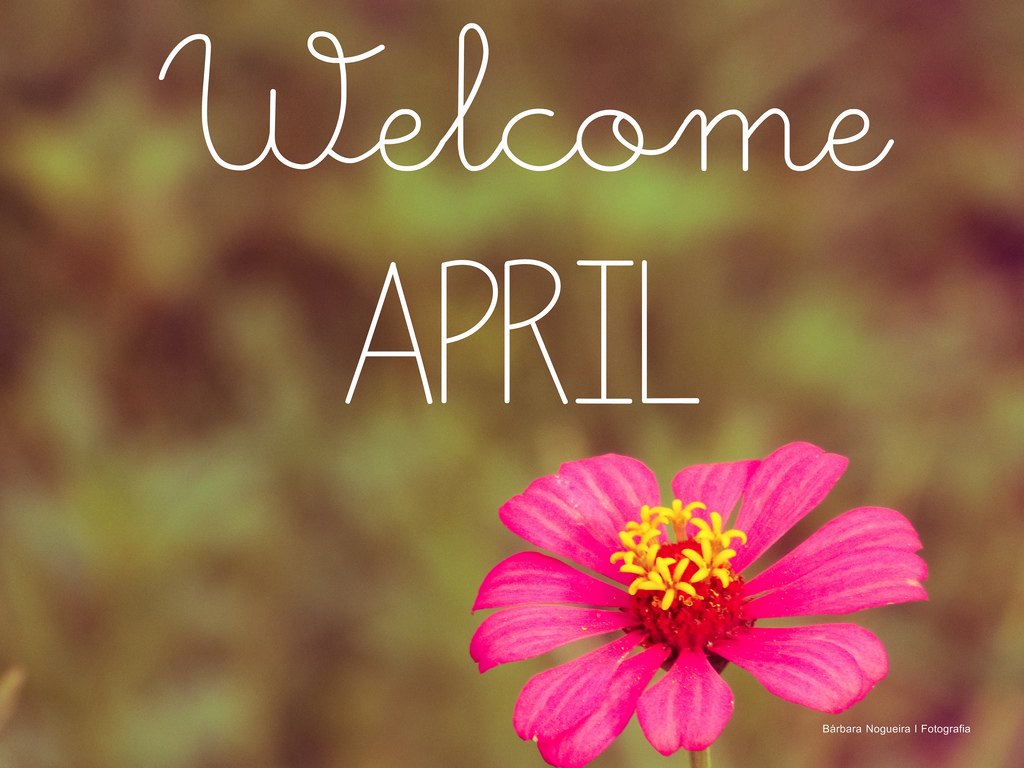Ever wonder why the months are named the way they are? What is it about the last month of the year that makes “December” an apt name for it? What about April and March – what are their stories?
We know for certain that for August through December, the months’ name correspond to their order of appearing in the year. September was the seventh month, October the eighth and so on, back when March was the first month of the year. However, April’s name has nothing to do to its position in the sequence.
April, the blossoming of Nature
The most prevalent theory as to how April got its name says that it goes back to the Latin word ‘aprilis’ and the verb ‘aperire,’ both of which denote an opening, to open, or blossom. This is a well-grounded hypothesis considering that April is the time when both animals and nature resume their activities after the long winter. Signaling this activity by naming the month after it seems like a sensible thing to do.
Another theory, however, says that ‘April’ got its name from the Greek goddess of Beauty and Love, Aphrodite. Again, this could be seen as an attempt to denote the beauty of this time of the year as the trees and flowers begin to blossom, showing off their radiant colors.
April is a month commonly mentioned in literary works, music and other forms of oral culture and arts. T. S. Eliot’s Waste Land opens with the line: “April is the cruellest month” and George Orwell’s 1984 novel opens with this strong image:
“It was a bright cold day in April, and the clocks were striking thirteen.”
April Proverbs and Sayings
Cultures around the world have proverbs about the month of April that help us better understand the significance and role it had to play in their daily lives.
“March Winds and April showers bring forth May flowers”
This well-known proverb perfectly illustrates how the weather in March and April ensures the abundance of May and early summer.
This proverb signals the anticipation of spring and all the images this conjures up of blossoming flowers and buzzing nature. In many countries and especially the UK and Ireland, April has heavy rain (or ‘April showers’) due to the jet stream. The Spanish face the same phenomenon as illustrated by their own saying which is very similar: “En abril, aguas mil.” This proverb says that during the month of April, there’s a lot of rain, ‘millions of water.’
In previous centuries when people use to forecast weather based on the weather of particular days and months, April was among the months whose weather was under scrutiny. Such forecasts include:
– After a wet April, a dry June
– Fogs in April, floods in June
– Moist April, clear June.
At the same time, the French have a saying that counsels patience. The proverb says that April is not yet the time to don your summer outfits:
-En avril, ne te découvre pas d’un fil.
The French caution you not to put away your winter clothes yet as cold is still a fact.
Is there a special proverb or saying in your language about April? Let us know in the comments below!
Have something to add to this story? Share it in the comments
Follow Ultimate Vocabulary on Facebook, Twitter and Googe+ for more tips and advice.
Check out eReflect’s Profile on Wikipedia, Youtube, LinkedIn, Pinterest, Crunchbase and Training Industry as well!
(Visited 278 times, 1 visits today)


